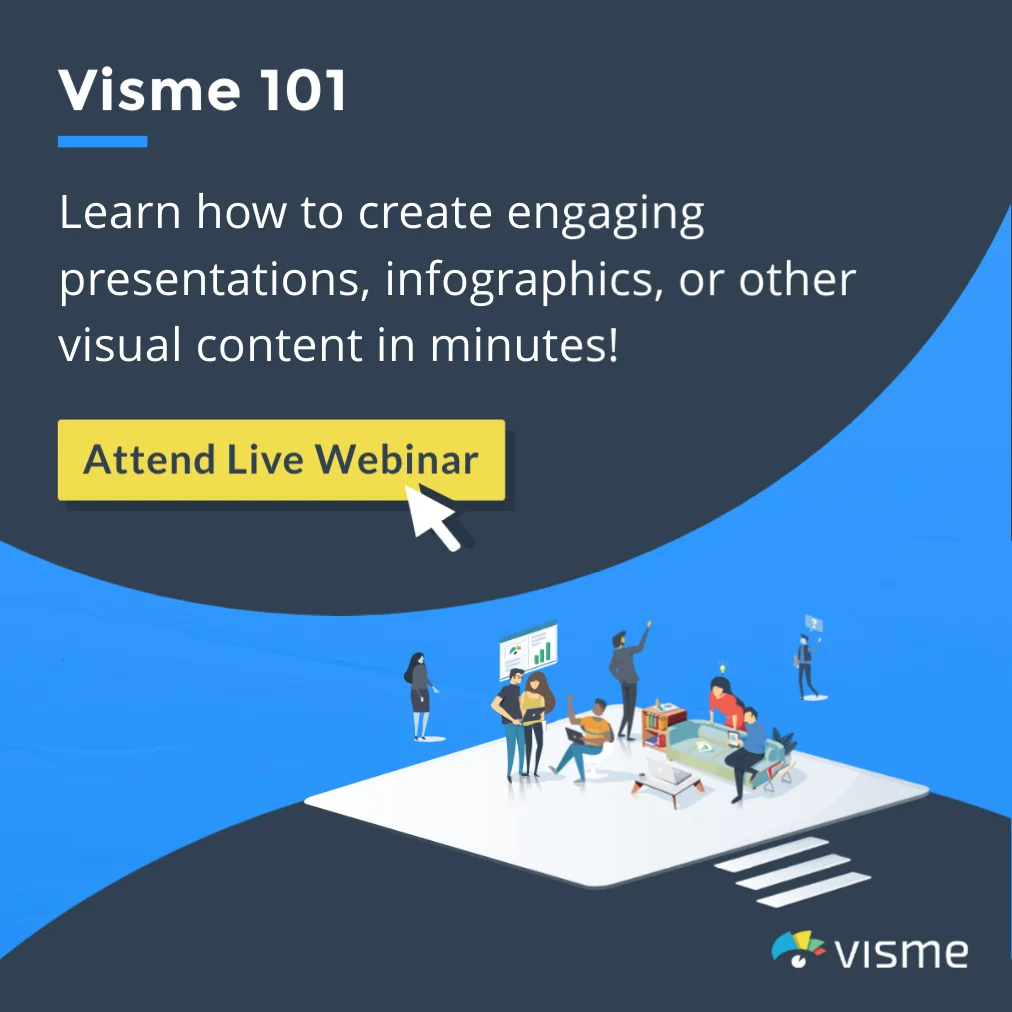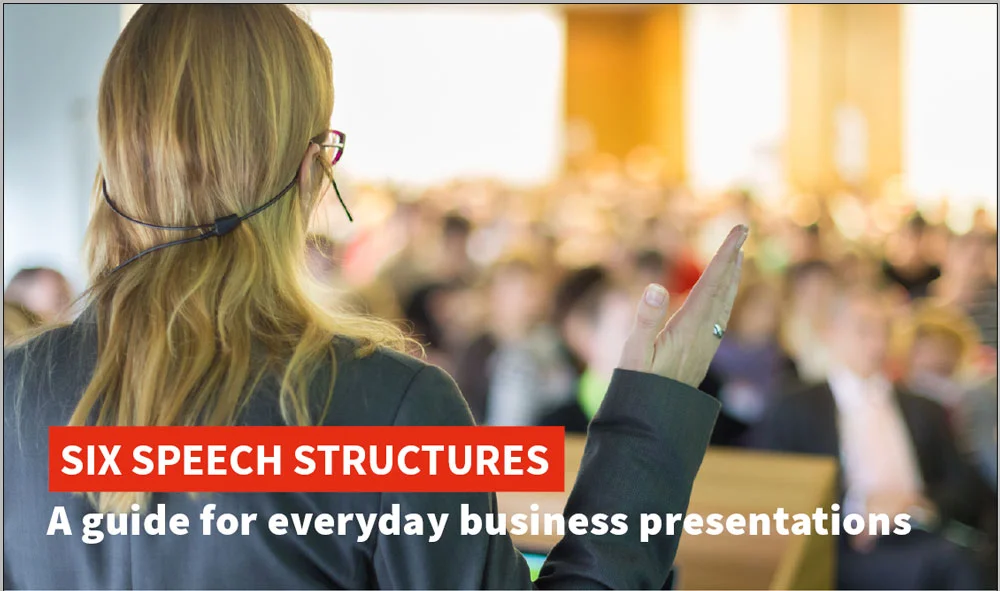The Purpose of the Pitch


At the end of a pitch, your audience shouldn’t be the only ones asking questions. Asking your audience questions can help keep them engaged and can help provide an ample opportunity to continue to persuade them to see things from your point of view. Here, Jack’s written a wonderful piece on how to ask your audience questions after a pitch, and to make sure you’ve earned the right to do so.
Earn the Right To Ask Questions
So you’ve finished your sales pitch, and you open it up to questions. Great! But five minutes later, the prospect is the one asking all the questions, and you’re doing all the answering. Not so great. In fact, not good.
While you want the client to be interested in your offer, and while you want to answer their questions with full transparency and enough detail to address any concerns, it’s simply not great salesmanship to be the one to be doing most of the answering and little of the asking.
Asking great questions doesn’t show a weakness… unless of course, they’re tactically poor questions. Asking great questions shows you’re a professional, a specialist.
As importantly, asking great questions pulls buyers through their purchasing process, as opposed to pushing them through your sales process.
The Purpose of Opening
One of the most underrated skills in sales is listening. Trust is the most important currency in a deal, and listening is the killer app in building trust. But how do we put ourselves in a position to listen? By asking questions. And it follows that the killer app in engagement is, exactly this, asking questions – but not just any questions. They have to be great questions.
The best salespeople know this, and you can take this to the bank:
The purpose of opening is to earn the right to ask questions.
The primary objective of your first meeting with a new prospect should not be to impress them with your credentials via a presentation. That’s fine as a secondary purpose, but the primary purpose is for you to build trust so that the prospect allows you to explore their real needs… essentially, to ask questions.
But Time Is Precious. Let Us Pitch!
Sometimes getting on the calendar with a new prospect is challenging, either because of their time constraints, your cost of travel or both. So this time together is precious, and a presentation may be necessary.
Indeed, in some industries, presentations are expected. To not show up with one could raise eyebrows. For good or for bad (and I think bad) presentations have become part of the game.
But to tilt the field in your favor, with a presentation that achieves your goals, is also fair game. This is your game, too, and the rules are yours to interpret.
Presentation Guru is loaded with great advice on what to put in this presentation, so we won’t reiterate this here. What we will cover is how to end it.
Your Last Slide Is Prime Real Estate
One of the worst ways to end a presentation is with the proverbial Thank you slide.
The last slide often stays projected for the rest of the meeting. It is so valuable, we can reasonably call it priceless and, yet, for novice salespeople preparing a pitch deck, it’s often an afterthought.
You could look at this last slide as your brand moment. And a subservient “thank you” is the best you can do for your brand?
You could also look at this last slide as a great opportunity to reinforce your value-add for this particular pitch.
No matter how you look at it, this last slide as your ultimate opportunity to engage the prospect.
Don’t. Squander. It.
Perhaps the second worst way to end your pitch is with the Questions? slide – especially if your intent is to invite the prospect to ask all the questions while you answer them.
Sales is the ultimate leadership activity.
He Who Asks the Questions Takes the Lead
While great salespeople may or may not be lone wolves; while they may or may not wish to lead sales departments, one thing they all do is lead buyers to purchase. Today, more than ever before, pulling is more effective than pushing.
If you push people to buy, they will resist. Do you like pushy salespeople? Do you like it when someone is all talk and then close?
If you pull prospects to see things in a new light, if you lead them to come to their own conclusions, based on your effective questions, they’ll often sell themselves.
If they ask you questions, among other things, they’re looking for ways to vet you, which of course is fair. They’ll be taking the lead, and it may be a place you don’t like. However, if you ask them questions, you take the lead. You can help them identify things they may not have thought of and, in the process, gain a competitive advantage in their minds… and hearts.
A common pushback from novice salespeople is this: “But questions show you’re not prepared.”
True, poor questions can indicate that you want the prospect to do your homework. But great questions show you’re a professional, a specialist.
Let’s say you go to a knee specialist with a dull pain that has worsened over the past two weeks. What does the knee specialist do? He asks you questions. Does that mean he’s unprofessional? Of course not!
“Ah, but that’s not B2B” the novice pushes back. “When I visit a new client, I should do my research and know exactly what they need.”
Really? Do you think a department head who’s been in the heat of battle for the past year is going to say, “Brilliant. You’ve done a few hours research and you know so much more than me. Your advice is just what we need. Where do I sign?”
And where are you going to find this magical research? Is the company going to list its problems on its website? If an industry newsletter cites something, do you think you should just go in and present a solution to it, and let them ask you questions?
Sorry, but I think that is arrogant. So while I may sound cynical here, I want you to get it right. I want you to appear professional, and I want you to win new business.
So if you go in with great questions, as specific to your industry as that of a knee specialist to his profession, you will look professional, and you will engage the prospect. In your field, you are a specialist and the prospect is a generalist. Great questions position you as a professional within that speciality area.
To repeat my mantra above,
The killer app in building trust is listening. And the killer app in engagement is asking great questions.
The art and skill of the great salespeople today is not to “sell them,” but to guide the buyers to sell themselves, to help them buy.
If silence is golden, then questions are diamonds.
So, about that last slide…
There’s no one size fits all here, but there is a single purpose. So, slap me around for being repetitive, then send me a hug when it brings you dividends, and repeat after me:
The purpose of opening is to earn the right to ask questions.
You could end with a slide that says, “Assumptions.” Whether you list these assumptions or not, you say, “It’s our understanding that… (and you verbally outline some well thought-out assumptions about their critical challenges).”
Then you confidently and professionally ask: “Are we are on target here?” If the client affirms, then the door is open for you to ask some more killer questions.
I’ve developed a tactical questioning model called S.C.O.R.E©. With such a questioning system, you take the lead in navigating the conversation and you can often lead the prospect to the promised land. Having a tactical questioning system is key.
If the client says, “Well, you’re not exactly on target; here’s where you’ve missed it,” this is also good. Great, in fact, as long as you don’t try to make excuses for not being “exactly.”
Your job, if this happens, is to have a curious mind and an open heart. “Great, Sally. Tell me a bit more about that aspect…” or, “I see. And what could be the consequences of that for you (fill-in-the-blank-relevant-stakeholders)?”
Bang! You’ve taken the lead in prompting the prospect to talk… about relevant stuff. You’ve shown your professionalism. You’ve assumed the driver’s seat and have begun navigating the conversation. You’ve gotten the prospect talking. You’re learning important material that will help you craft your proposal and, on an emotional level, you’re taking that first step in the journey of building trust.
Now, let’s say the prospect begins to ask you questions. Fair game. In fact, expect it.
The best salespeople know that objections are signs of interest. Polite questions, on the other hand are often just that: polite small talk. So be ready to qualify… with another question. That’s right, when the prospects asks a question, answer it, with full transparency and with just enough to satisfy their rational and emotional need to fulfil this gap. But don’t flood their minds, either.
And then… follow-up your answer with a question.
You know your area of expertise, so it should follow that you should be able to identify what is digging down in critical areas and what is small talk. So, specifically, I can’t help you with which questions you should ask. Generally, however, you can follow-up with, “Did that address your concern?” or, “So that leads me to what might be the hidden drivers for (the relevant stakeholders) here. What’s your view?”
Again, the purpose of opening is to earn the right to ask (good, tactical) questions. Your presentation is essentially the opening.
And the end is not the beginning either
Don’t wait until the end of your presentation to ask questions. You want to engage the prospect in a two-way conversation by prompting with questions – not just with the last slide, but throughout your presentation. Take a break from your monologue presentation now and then. Welcome interruptions. While some of your best slides may require sequence and seamless transitions, other slides may be provide good segues in which you can pause and test for affirmation.
“Have we missed anything here?”
This is not a question of weakness. Think less like Einstein and more like Columbo. It is a question that, no matter what the answer is, puts you in a position of strength.
As a sales trainer, I would be foolish and arrogant to say that I “teach” my clients. My real goal is to help them learn, and here’s the best part. I often learn in the process. I’ve learned some real gems, in fact, and sometimes, not even from salespeople.
One of the wisest things I’ve learned was from a project manager, in a pitch workout session I was leading. The Head of Marketing had asked the key project managers to join, because they often joined the salespeople out in the marketplace.
“You know, our best meetings with first-time prospects seem to be when we don’t get past, say, slide number seven,” said the project manager. “That’s when really constructive conversations usually break out.”
“You’re right,” a salesperson agreed. ”Sometimes we run over the client’s 60-minute meeting slot and that slide number 7 is still up, we’re packing up our materials and reviewing next steps… and those are the meetings that turn into deals.”
So, what is our mantra? (Slap!)
The purpose of opening is to earn the right to ask questions.
Don’t let your presentation get in the way of those questions. Make it your purpose.












Prezentor
29th March 2021 at 10:13 am
A Sales Pitch is when you have a product or service that you want to sell, and you have a very small window of time in which you can convince the buyer to go ahead with the sale. In order to make an effective pitch, you need to know about your customer, especially in regards to what they’re looking for, what challenges they face, a detailed way in which your product or service will help them, and what benefits they’ll receive afterwards.
Thank you for sharing this wonderful info!